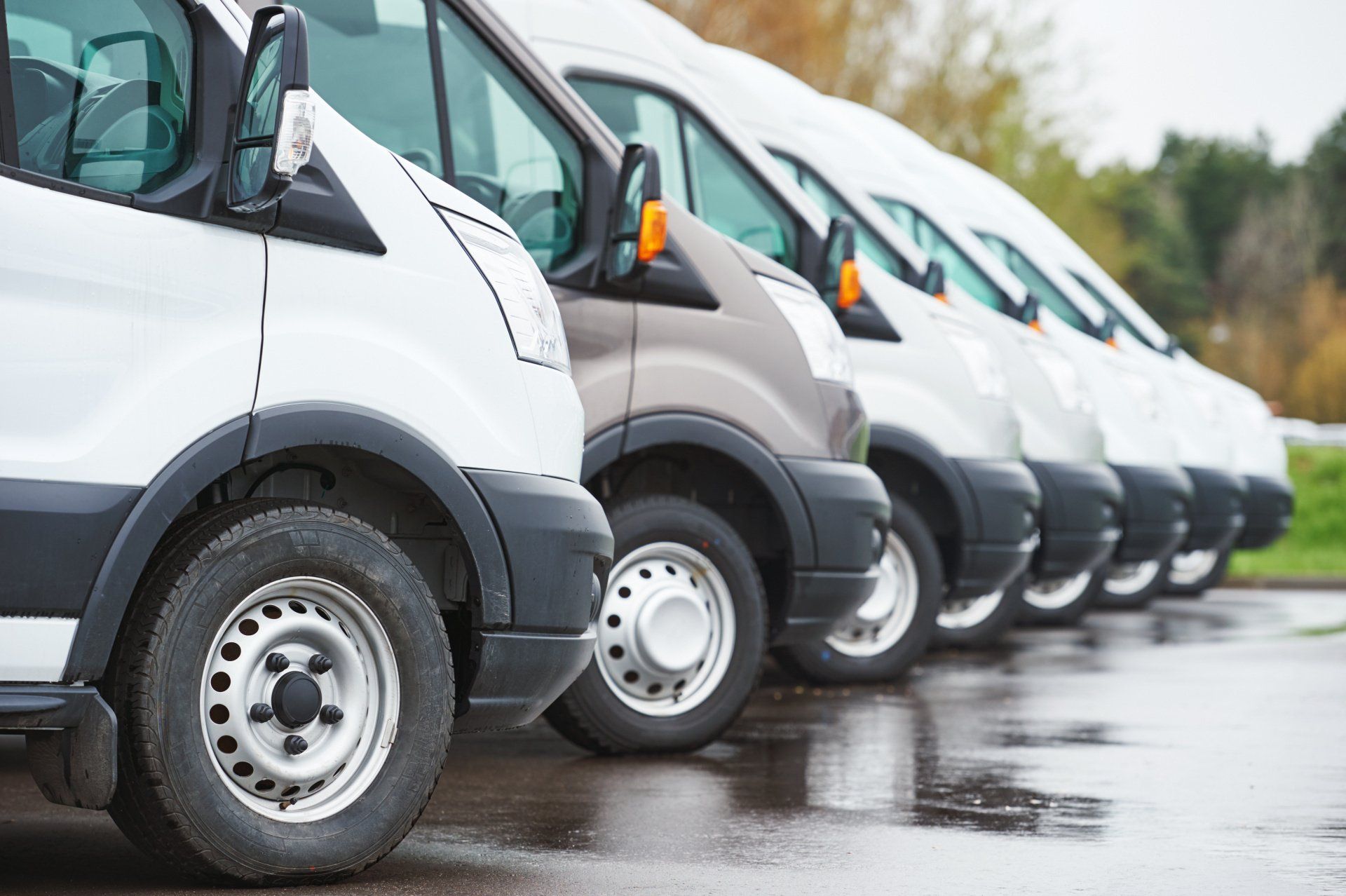Blog

From a logistical standpoint car accidents and commercial truck accidents might not seem entirely dissimilar. They’re both auto accidents, right?
There are in fact many differences between commercial vehicle accidents and regular vehicle accidents – enough differences that there are personal injury defense attorneys who focus their practice almost entirely on representing trucking businesses.
Injuries in Fleet Accidents Are Often Worse
A fully laden semi-truck can weigh nearly 80,000 pounds. The average commuter vehicle might weigh around 3,500 to 4,000 pounds. Things like higher clearance and lower visibility can also contribute to accidents between the two types of vehicles and lead to significantly worse injuries. Many passengers in commuter vehicles suffer catastrophic injuries that result in permanent disabilities.
Catastrophic injury claims are expensive. They can potentially be exponentially more expensive than injuries from which a passenger might eventually recover fully. That’s why Atlanta businesses that operate fleet vehicles or tractor trailers are required by law to carry large liability policies.
Businesses and Commercial Insurance Companies Have More to Lose
The severity of injuries and the higher policy limits means both businesses and their insurers might be forced to pay much more for truck accident injuries than they would in an auto accident injury case. That means there’s generally more incentive to aggressively defend against commercial trucking accident claims.
Georgia is a 25/50/25 personal auto policy state. If a driver has the minimum amount of coverage legally required in the state of Georgia, the most their insurance company will have to pay on injury claims (in most cases) will be $50,000. (if it’s a minimum policy, the most will be $25K).
Commercial truck liability policy requirements can range from $300,000 to $5 million or more, depending on the type of cargo a company hauls. Companies with fleet vehicles that aren’t hauling cargo might carry auto liability coverage in $100,000, $500,000 or $1 million range.
The dollar amounts are simply in a different ballpark, which gives insurance companies more motivation to defend against lawsuits.
More Defendants
Truck accident cases are also much more likely to have multiple “at-fault” parties than a normal auto accident. The truck driver, the company they’re working for, the company that loaded their cargo and even their fleet maintenance service provider might all be named as defendants in a truck accident personal injury lawsuit. The plaintiffs have a much bigger pot to go after when you add all those liability policies together.
That also means plaintiffs might be facing off against a lot more lawyers and insurers with deep pockets for defense costs.
Regulations Complicate the Plaintiff’s Chances
There is a good reason personal injury lawyers experienced in truck accidents frequently warn potential clients to take action as soon as possible after a commercial truck accident. Regulations in the truck industry can either work in the plaintiff’s favor or to their detriment.
Trucking companies that carry cargo have a lot of paperwork and electronic records on deliveries and drivers. Their trucks might have a black box equivalent that monitors all sorts of information about the vehicle’s operation, including at the time of a crash.
All of that information is potentially evidence in a truck accident case – and most of it can be legally destroyed before the statute of limitations runs out on a personal injury claim. However, none of it can be deleted in the immediate days after an accident.
Technically, trucking companies are supposed to keep electronic black box data past the normal deletion date if it might be relevant to an ongoing case, but that’s not always what happens.
Most black boxes are only designed to store data for 30 days. Some older models might automatically delete data after just a couple of weeks. If you speak with an attorney right away, they can send a spoilation letter to the trucking company to prevent that evidence from being lost. Once it’s deleted – it’s gone.
The trucking companies might be required to keep other paper records, like logbooks, for up to six months, after which they can legally dispose of them.
You might have two full years to file a personal injury claim after a truck accident, but chances are if you wait that long some evidence that will have been relevant to your case will be lost.
Have You Been Injured in a Truck Accident in Atlanta or Are You Facing Potential Litigation After a Fleet Vehicle Accident?
Whether you’re the plaintiff or the potential defendant after a fleet vehicle accident, speaking with a truck accident lawyer as soon as possible is generally a good idea. Speed of legal action is often important in cases where evidence can get lost relatively quickly.
The team at Edwards & Hawkins have experience on both sides of truck accident litigation. Their wealth of knowledge in this unique type of personal injury law might be beneficial for your case. Schedule a free consultation today by calling (404) 526-8866.











